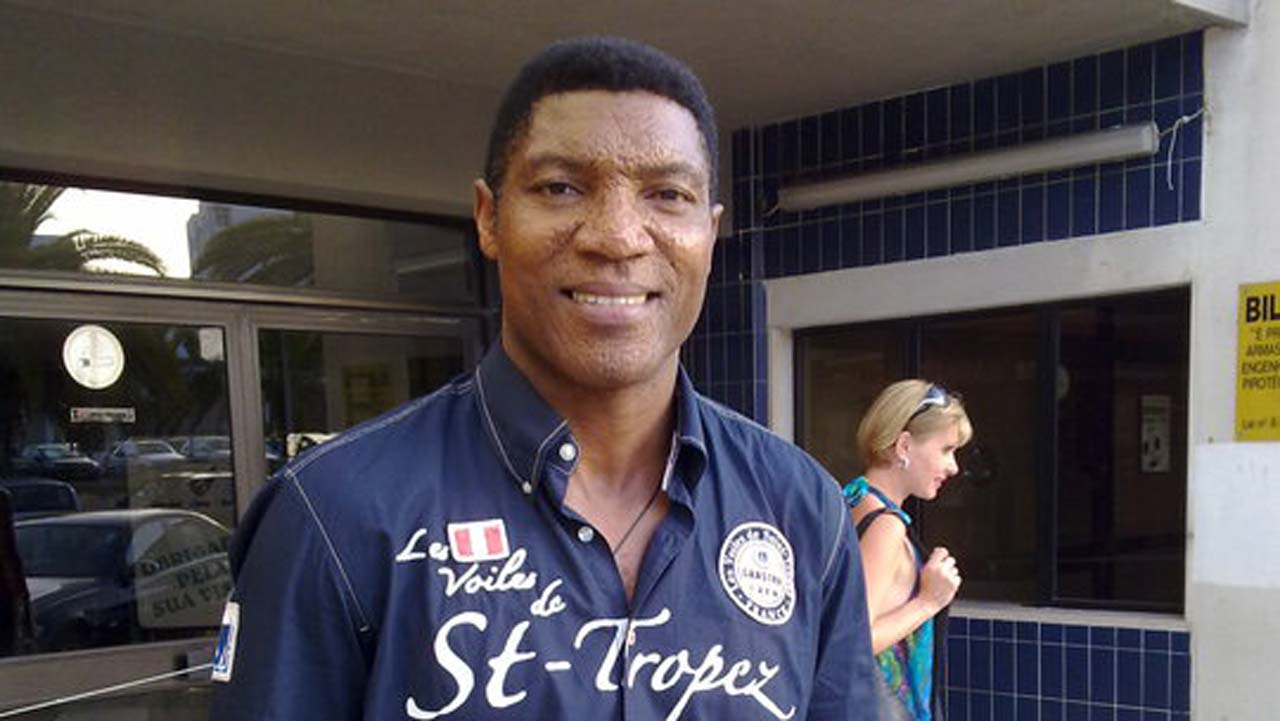Autism spectrum disorder (ASD) is a developmental disability caused by differences in the brain. Some people with ASD have a known difference, such as a genetic condition. Other causes are not yet known. Scientists believe there are multiple causes of ASD that act together to change the most common ways people develop. We still have much to learn about these causes and how they impact people with ASD.
There is often nothing about how people with ASD look that sets them apart from other people. They may behave, communicate, interact, and learn in ways that are different from most other people. The abilities of people with ASD can vary significantly. For example, some people with ASD may have advanced conversation skills whereas others may be nonverbal. Some people with ASD need a lot of help in their daily lives; others can work and live with little to no support.

Social Communication and Interaction Skills
Social communication and interaction skills can be challenging for people with ASD.
Examples of social communication and social interaction characteristics related to ASD can include:
- Avoids or does not keep eye contact
- Does not respond to name by 9 months of age
- Does not show facial expressions like happy, sad, angry, and surprised by 9 months of age
- Does not play simple interactive games like pat-a-cake by 12 months of age
- Uses few or no gestures by 12 months of age (e.g., does not wave goodbye)
- Does not share interests with others (e.g., shows you an object that he or she likes by 15 months of age)
- Does not point or look at what you point to by 18 months of age
- Does not notice when others are hurt or sad by 24 months of age
- Does not pretend in play (e.g., does not pretend to “feed” a doll by 30 months of age)
- Shows little interest in peers
- Has trouble understanding other people’s feelings or talking about own feelings at 36 months of age or older
- Does not play games with turn taking by 60 months of age
Restricted or Repetitive Behaviors or Interests
People with ASD have behaviors or interests that can seem unusual. These behaviors or interests set ASD apart from conditions defined by only problems with social communication and interaction.
Examples of restricted or repetitive interests and behaviors related to ASD can include:
- Lines up toys or other objects and gets upset when order is changed
- Repeats words or phrases over and over (i.e., echolalia)
- Plays with toys the same way every time
- Is focused on parts of objects (e.g., wheels)
- Gets upset by minor changes
- Has obsessive interests
- Must follow certain routines
- Flaps hands, rocks body, or spins self in circles
- Has unusual reactions to the way things sound, smell, taste, look, or feel
Other Characteristics
Most people with ASD have other characteristics. These might include:
- Delayed language skills
- Delayed movement skills
- Delayed cognitive or learning skills
- Hyperactive, impulsive, and/or inattentive behavior
- Epilepsy or seizure disorder
- Unusual eating and sleeping habits
- Gastrointestinal issues (e.g., constipation)
- Unusual mood or emotional reactions
- Anxiety, stress, or excessive worry
- Lack of fear or more fear than expected
It is important to note that children with ASD may not have all or any of the behaviors listed as examples here.





















